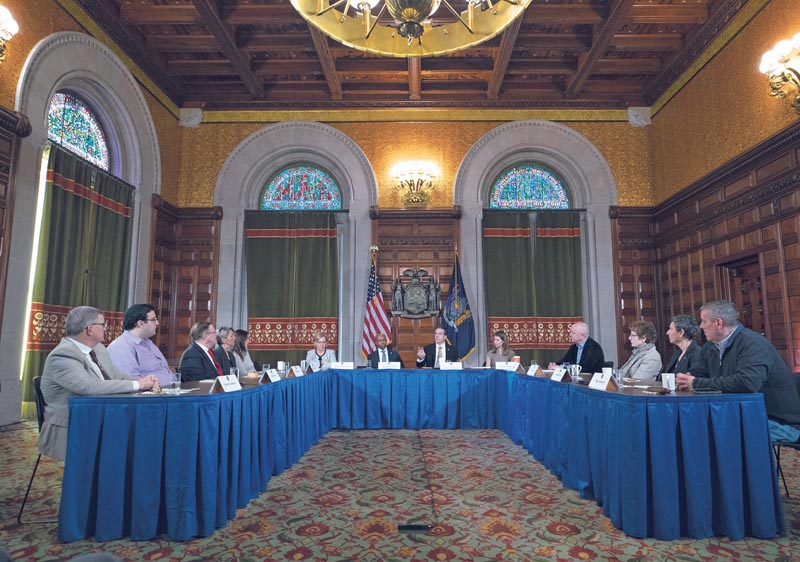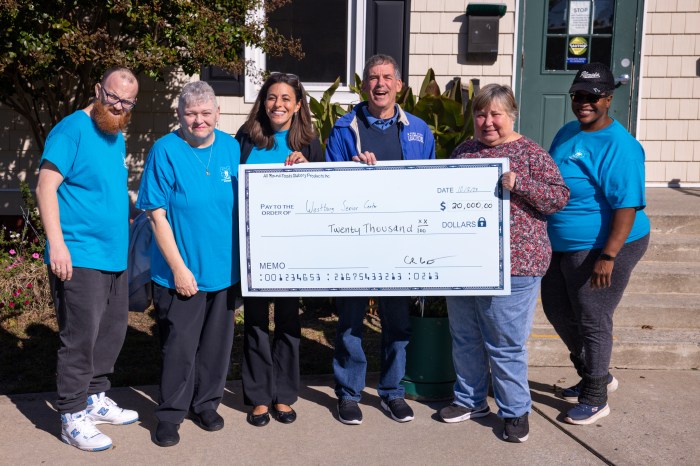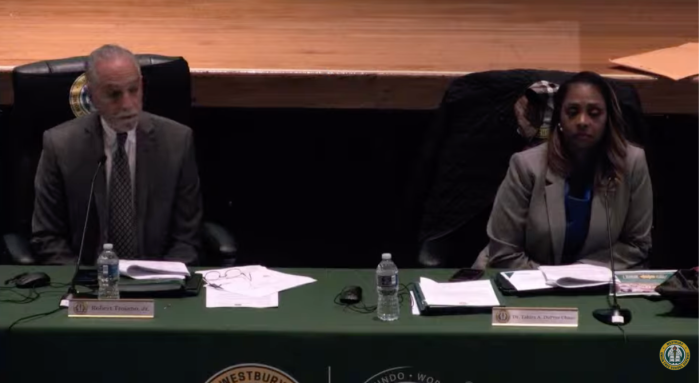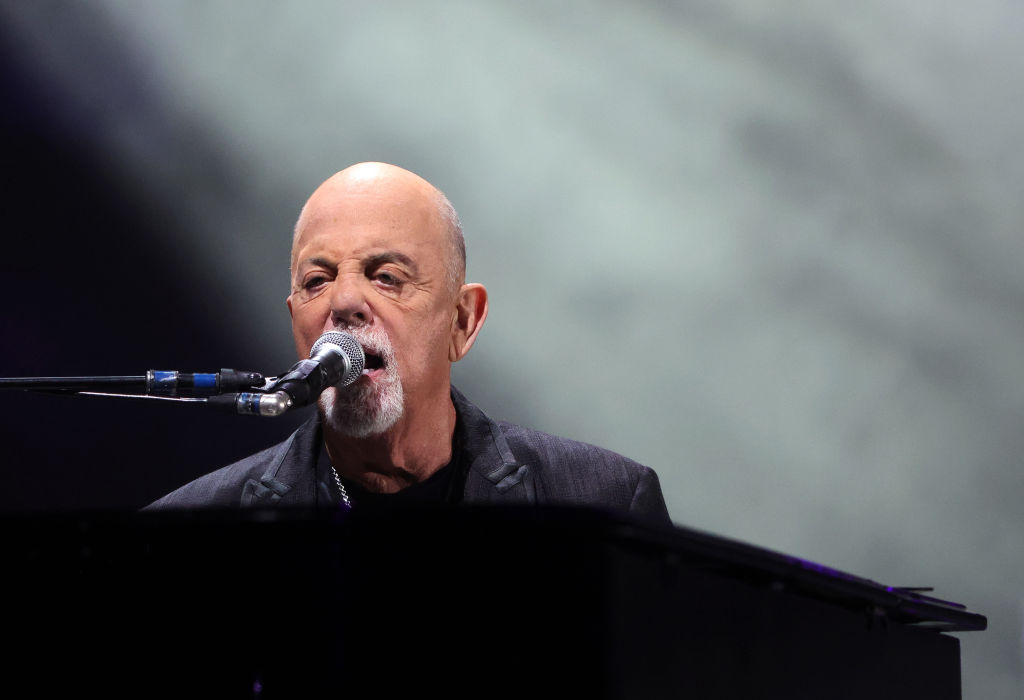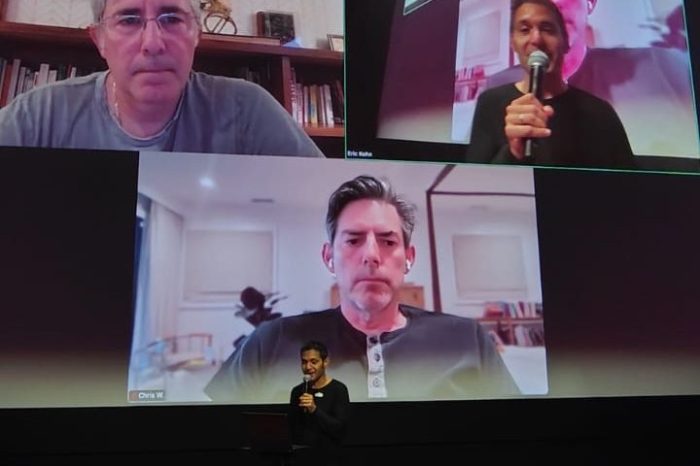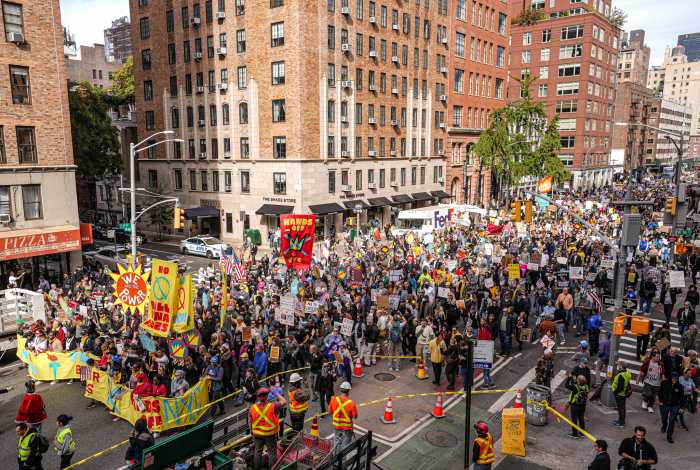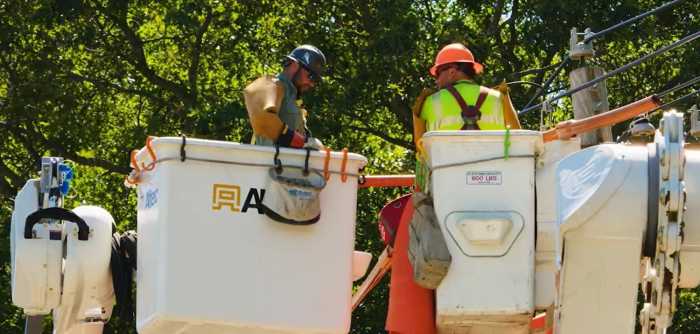Westbury men help pass Child Victims Act
It is a sad reality in this world that children are not respected and safeguarded as they ought to be. More and more we learn about abuses that happen to children by persons who were entrusted with their care—pastors, teachers, rabbis, scout leaders. These abusers cause severe physical, psychological, and emotional trauma to their young victims, which can persist for years or even decades.
Sexual assault is a complicated event that is not as easy to discuss as a fall in the schoolyard or a fight with a classmate. Fear of repercussions, an inability to articulate or fully understand the incident, and misplaced feelings of guilt or shame all can stifle a victim into silence. This silence can last for years, even well into adulthood—and should not be mistaken for retroactive consent, a waiver of rights, or an absolution of their abusers.
—Attorney Marie Napoli on the Child Victims Act, New York Law Journal
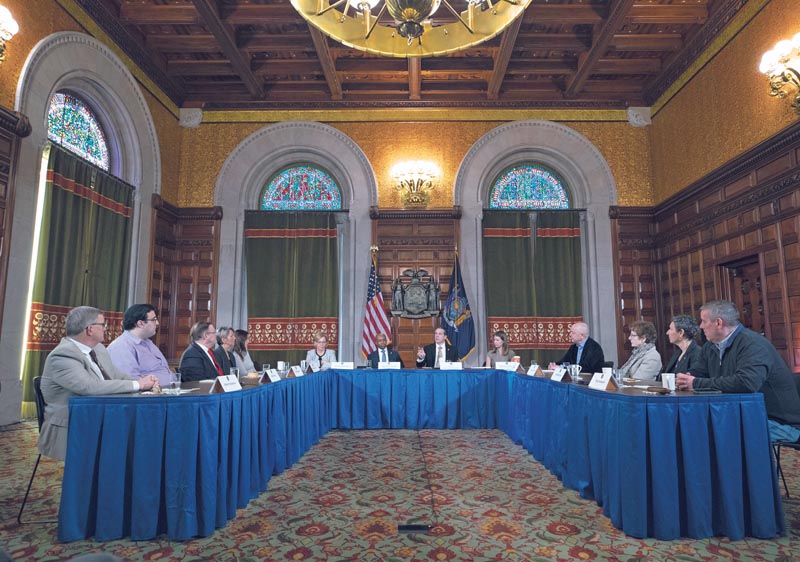
Richard Tollner will never forget Jan. 28, 2019.
“It was an adrenaline-filled day,” he recalled in a phone interview.
That Monday, the New York State Assembly and Senate both passed the Child Victims Act (Senate bill 2440/Assembly bill 2683).
It will give survivors of childhood sexual abuse new opportunities to seek justice and compensation in New York’s courts against their abusers and/or private and public institutions that failed to protect victims.
Tollner, formerly of Westbury, now living in the Albany area, and Westbury resident Tim Echausse were on hand to witness both historic votes. It passed the Senate 63-0 and the Assembly 142-3.
Governor Andrew Cuomo, in anticipation of the passage, had met with sexual abuse victims, including both men, the morning of the votes. Cuomo had been an advocate for the act for years, and included it as a key plank in his “2019 Justice Agenda” to be passed within the first 100 days of the 2019 legislative session.
On Feb. 14, Cuomo signed the law, making it official.
“After a 13-year ordeal and after decades of personal pain for so many, I hope you can find a slight sense of peace and a slight sense of vindication that you did not endure this pain without reason,” Cuomo said at the ceremony. “You endured this pain so that others will not now feel that same pain. Your suffering will stop others from suffering.”
Tollner and Echausse were on hand for the signing ceremony. They had been on the record as victims of priest abuse in their teenage years, and the law’s passage was the culmination of more than a decade of effort, often in the face of strong institutional opposition.
Asked what he felt as the governor put his signature to the law, Tollner said, “Overwhelming elation. When I think of the hundreds of people that I have personally met and know that will be helped by this bill. Hundreds—and I’m just one person.”
Different permutations of the law had been advanced for the previous 13 years. Though passed every session by the Democratic majority in the Assembly, bills never made it to a floor vote in the Senate, which was in Republican control.
With Democrats winning the Senate last November, the path for the law was cleared. Eventually, even the Catholic Church, led by New York’s Cardinal Timothy Dolan, supported the law after a provision was added to make public institutions liable.
You endured this pain so that others will not now feel that same pain. Your suffering will stop others from suffering.
—New York Governor Andrew Cuomo
In the meeting with survivors attended by Tollner and Echausse, the governor stated:
To the Catholic Church, I am sorry about the situation. I’m not sorry about my position. I’m sorry they have taken the position they’ve taken. I’m a Roman Catholic. I have Catholic elementary school, Catholic high school, Jesuits in college. So, it is a difficult situation. But on this issue, I’ll tell you the truth, I don’t think I’m against the Catholic Church. I think the bishops may have a different position than Pope [Francis], and I’m with the pope. I quoted him at the State of the State. And Pope Francis could not be any clearer in his statement. I mean, he totally condemned the action. And I associate myself with Pope Francis on this issue. And I am proud to maintain that position.
The law was inspired by a Feb. 10, 2003 Suffolk County Supreme Court Grand Jury report. Then-District Attorney Thomas Spota directed the investigation of alleged abuses in the Diocese of Rockville Centre. The 181-page report detailed abuses from dozens of priests and charged the hierarchy with protecting its clergy by failing to report them to the police and by allowing them to be transferred to other parishes.
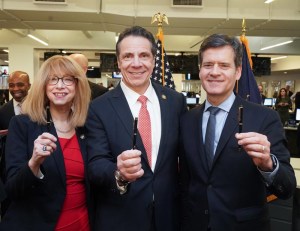
The grand jury heard testimony from more than 30 priests and more than 40 victims of abuse (including Tollner and Echausse) and also examined thousands of church documents.
According to the report, “The response of priests in the diocesan hierarchy to allegations of criminal sexual abuse was not pastoral. In fact, although there was a written policy that set a pastoral tone, it was a sham. The diocese failed to follow the policy from its inception, even at the most rudimentary level.”
The grand jury also concluded that the state laws on the statute of limitations needed to be changed, noting that numerous priests would have been liable for criminal and civil charges had not the crimes taken place decades before.
Statute Extended
There is no statute of limitations in New York for first-degree rape, first-degree aggravated sexual abuse and first-degree course of sexual conduct against a child. However, for lesser felonies/misdemeanors, under the old law, charges could only be pursued from the age of 18 until the victim turned 23. Now, felony offenses can be prosecuted until age 28. The extension applies to any offenses committed after Feb. 14, 2019, when the law became official.
Under another provision, survivors of childhood sexual assault can now bring civil lawsuits against accusers and institutions until the age of 55; the age limit was previously 23.
The most far-reaching change is that the law now allows victims of past offenses who did not file civil lawsuits in time prior to the passage of the Child Victims Act a chance for justice. On Aug. 14, a one-year “look back window” will open, allowing cases to be brought forward regardless of the victim’s age and the date of the offense.
In addition to the Catholic Church, the American Insurance Association and the Boy Scouts of America also opposed the bill and spent money on lobbyists. One report estimated that New York’s Catholic Conference expended close to $3 million on lobbying against the act.
The Good Fight
Tollner said that his name had been in the newspapers following the grand jury report, and he was contacted and invited to a protest at St. Agnes Cathedral in Rockville Centre, seat of the diocese that serves 1.4 million Catholics in Nassau and Suffolk.
“I thought I could make a difference,” Tollner said of his lobbying efforts. “I was in banking practice for nearly a decade, and have done a lot of public speaking.”
Tollner said that starting in the mid 2000s a group started coming up on what’s called Lobby Day, a Tuesday when senators and assemblymembers keep their office open for constituents.
We thought it would take three or four years to change the law, but the Catholic Church fought us tooth and nail.
—Richard Tollner
One of the key moments was joining up with Marci Hamilton—“the leading sex abuse legislation attorney in the United States, in my opinion,” according to Tollner, who added, “While she doesn’t go to court and doesn’t make money representing victims, she helps the legislation get developed and she invited Tim Echausse and myself and others to join with her. She had a very concerted professional program and with that we just kept on going and lobbying. We thought it would take three or four years to change the law, but the Catholic Church fought us tooth and nail.”
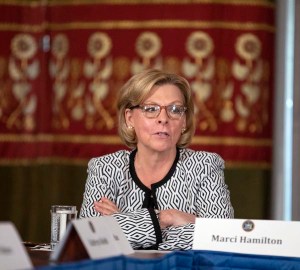
Another crucial member of their group, both men emphasized, was Kathryn Robb of Long Island, who possessed the legal and organizational skills to advance the legislation.
Echausse said he became aware, with the grand jury report, as well as the unfolding church scandals in Boston and other areas of the country, that changing the statute of limitations was key.
“We spend many many years going up and down to Albany, walking the legislative hallways,” Echausse recalled. “When we first started it was Governor [George] Pataki (in office until Dec. 31, 2006). That’s how long ago it was.”
Echausse said there were moments of doubt and despair through the long years. But it became clear, as he sat in the Senate chamber to witness the historic vote last Jan. 28, that it had all been worth it.
“I sat down next to a young woman—she was probably 25, 26 years old,” Echausse related. “And she leaned over and introduced herself and we were quietly talking. And she said to me, ‘How long have you been coming up?’ And when I told her, she was shocked.”
He pointed to Tollner and the others who had done the lobbying and the woman replied, “I just want to say thank you for not quitting.”
She revealed that she was 9 at around the time the group had begun its advocacy—and a rape victim.
“And I just sat there dumbfounded,” Echausse said. “And I went back to my thoughts when I was walking the hallways in Albany years ago and was having self-doubt about what I was doing. I realized I was walking the hallways for young girls and young boys who are going through a traumatic experience. And I said to her, ‘I’m sorry for what happened, but you don’t know what you just did for me.’ All that hard work—I knew now why I was doing it. Because I could be a voice for others, and I thought that was always important to me.”
Look for an article about Tollner and Echausse on this website soon.
Victims of child sex abuse can get confidential support by calling the National Sexual Assault Hotline at 800-656-HOPE (4673) or chatting online at hotline.rainn.org.




